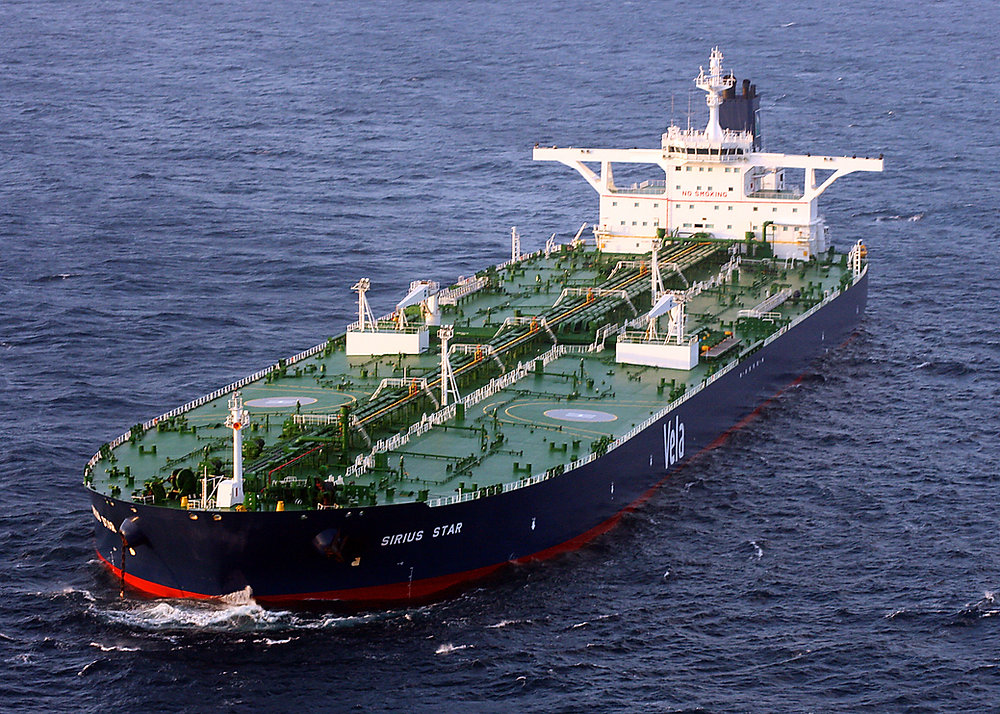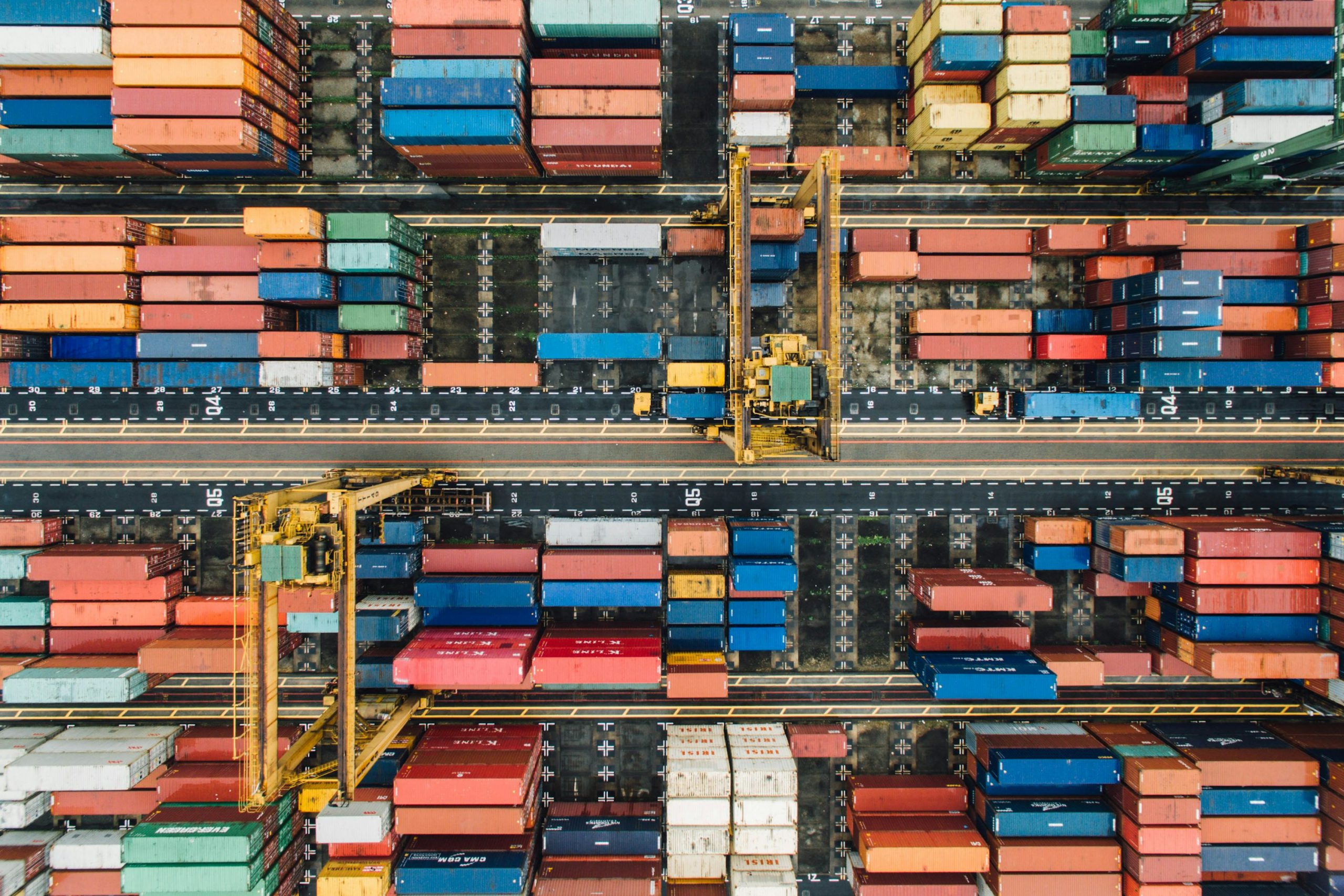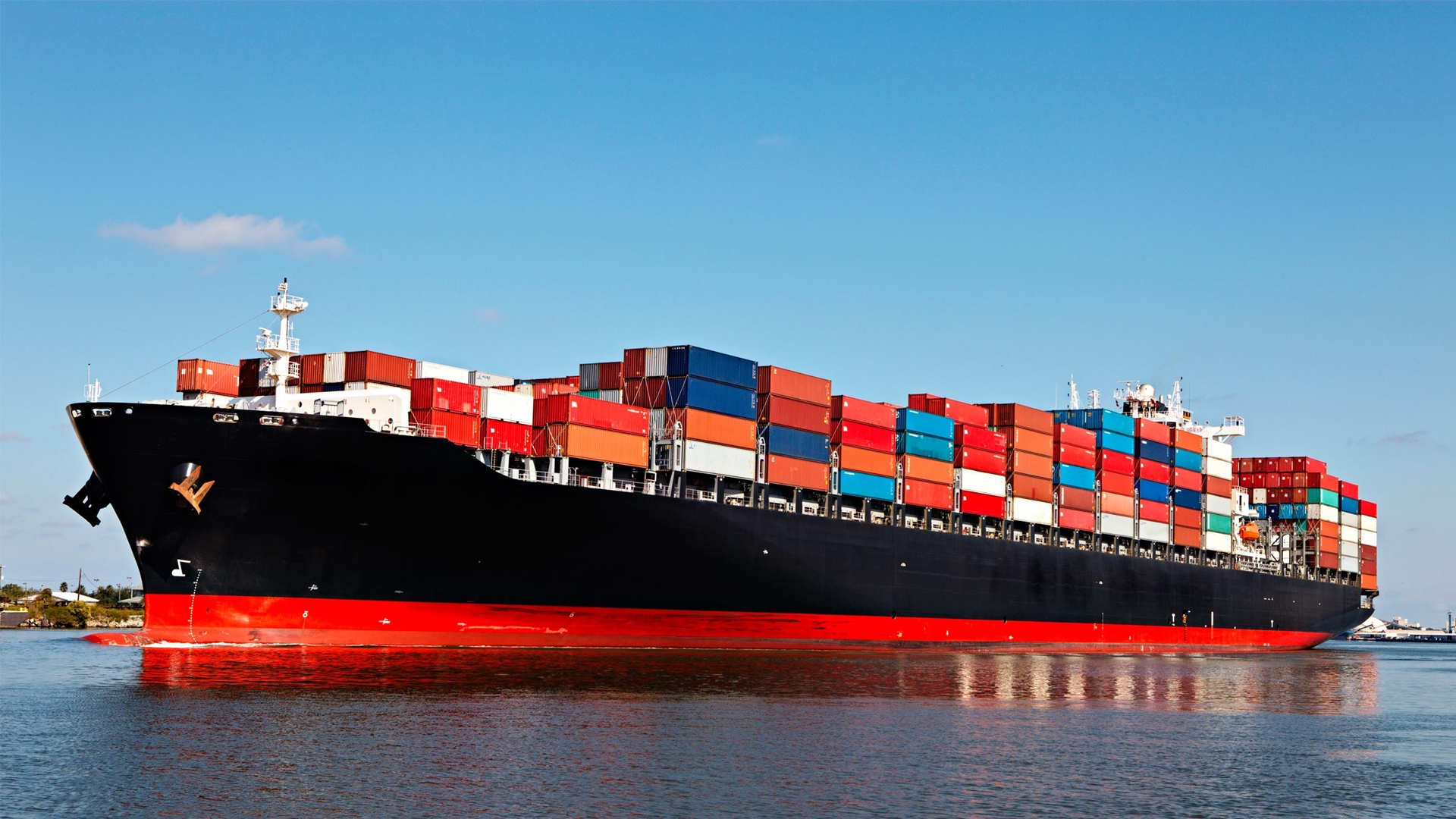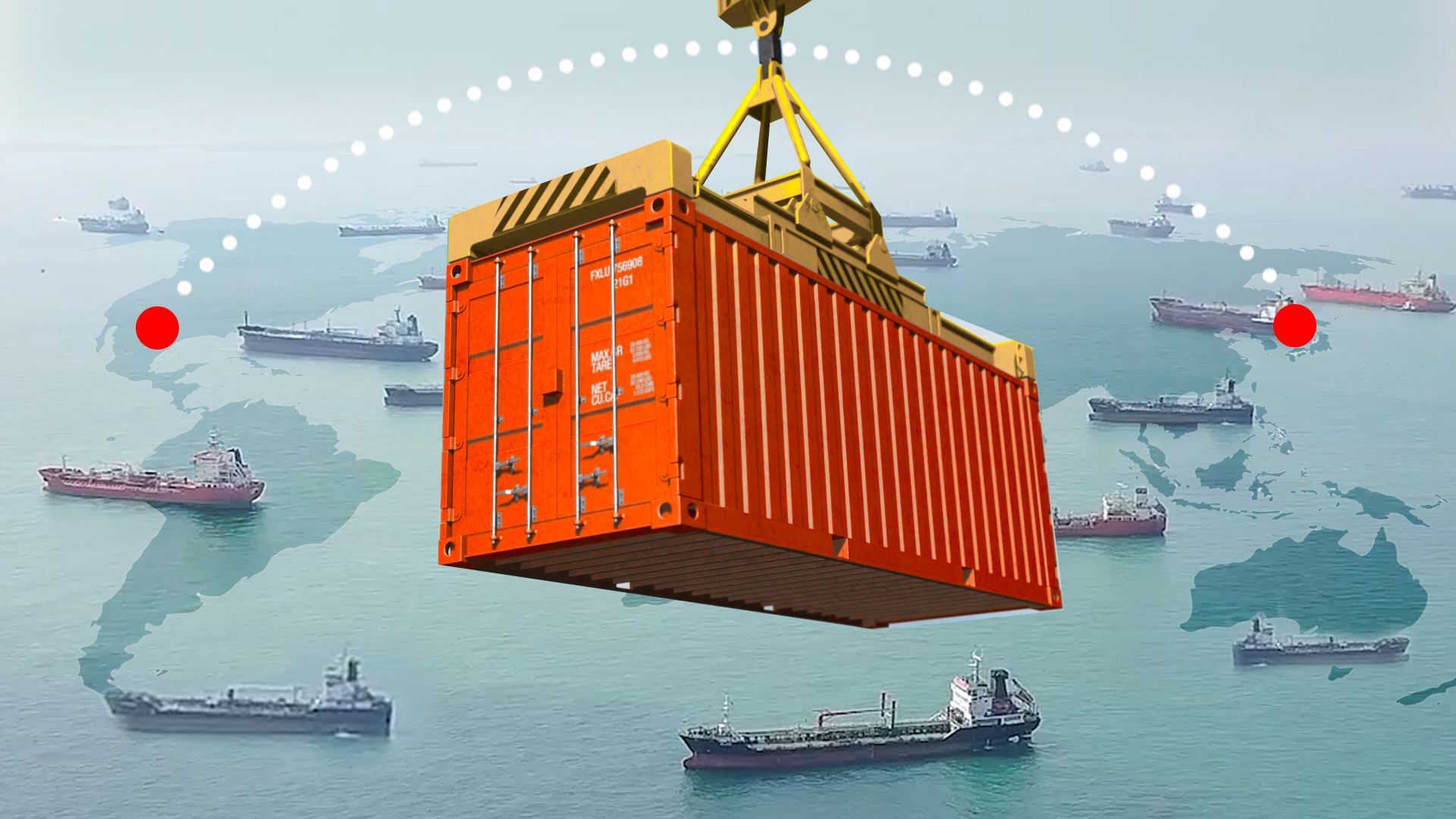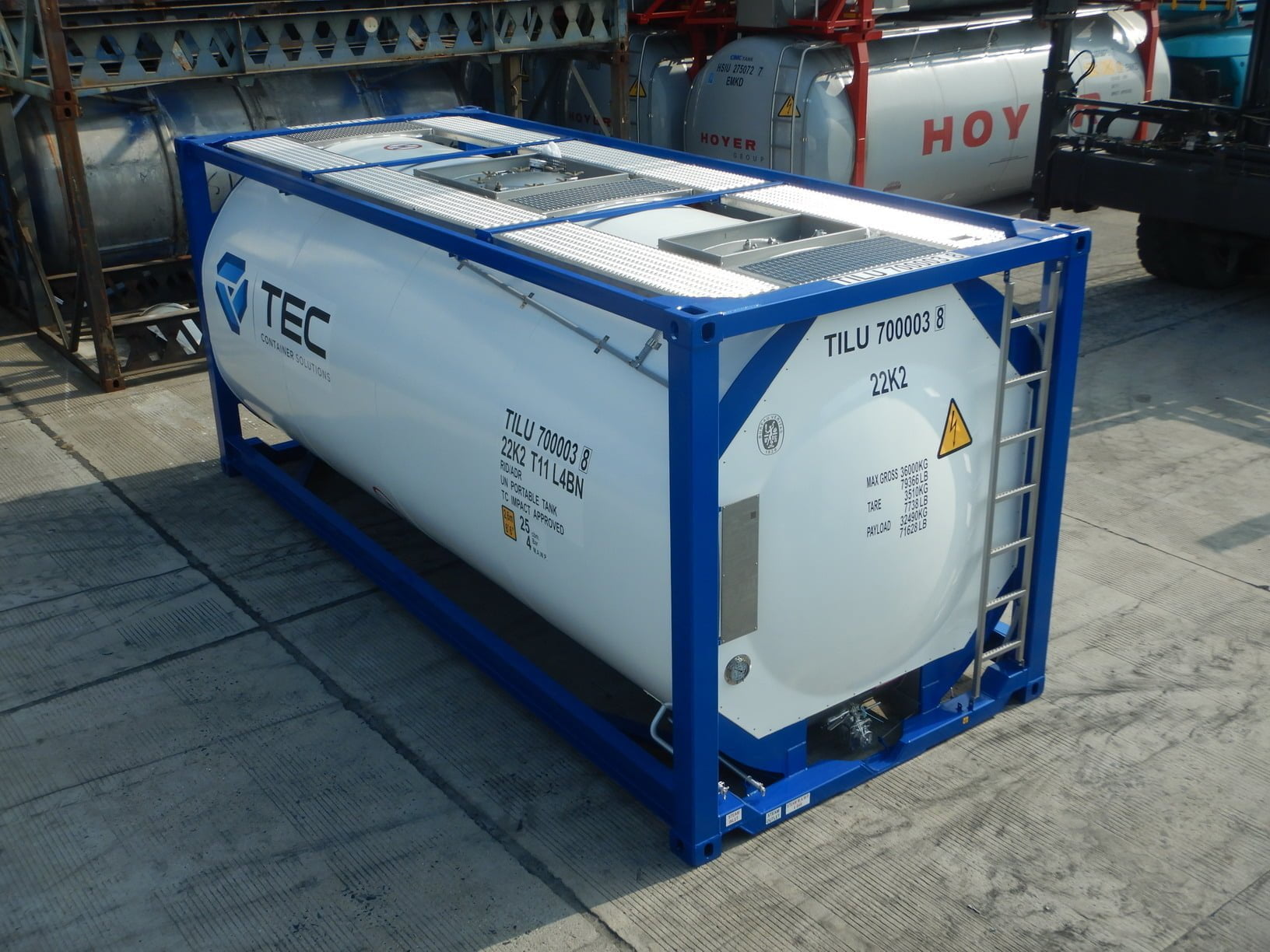Ship classification is a crucial process that involves assessing the design, construction, and maintenance of ships to ensure they meet specific safety, environmental, and operational standards. Classification societies, such as Lloyd’s Register, DNV, and ABS, play a vital role in this process.
Why is Ship Classification Important?
- Safety: Classification ensures that ships are built and maintained to the highest safety standards, minimizing the risk of accidents and loss of life.
- Reliability: Classified ships are more reliable and less prone to breakdowns, reducing operational costs and downtime.
- Insurance: Classification is often a requirement for obtaining insurance coverage.
- Trade: Classification helps facilitate international trade by ensuring that ships meet global standards.
The Classification Process
The classification process involves several key steps:
- Plan Approval: Shipbuilders submit their design plans to the classification society for review and approval.
- Construction Surveys: Classification societies conduct surveys during the construction process to ensure compliance with standards.
- Material Certification: The materials used in ship construction must meet specific quality standards.
- Welding Inspection: Welders must be certified, and welding procedures must be strictly followed.
- Hull and Machinery Surveys: Regular surveys are conducted to assess the condition of the ship’s hull, machinery, and equipment.
- Safety Equipment Inspections: Safety equipment, such as lifeboats, fire-fighting systems, and navigation aids, are inspected to ensure they are in good working order.
Benefits of Classification
- Improved Safety: Classification helps to ensure that ships are safe for crew and passengers.
- Enhanced Reliability: Classified ships are more reliable and less prone to breakdowns.
- Increased Value: A well-classified ship can command a higher resale value.
- Facilitated Trade: Classification helps to streamline customs and port procedures.
By adhering to rigorous classification standards, ship owners and operators can maintain the safety, reliability, and efficiency of their vessels.

